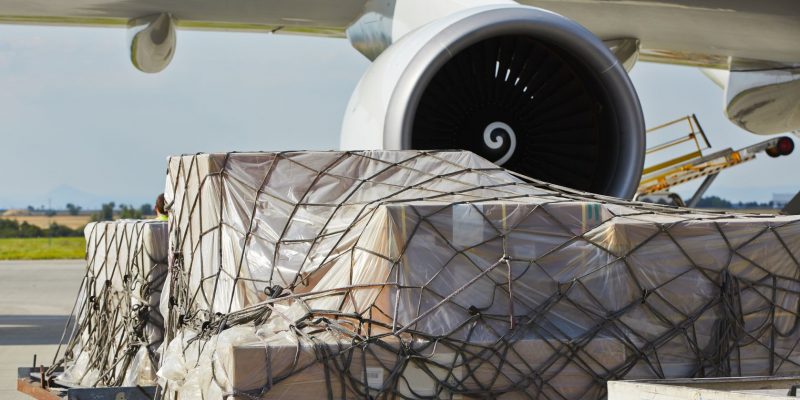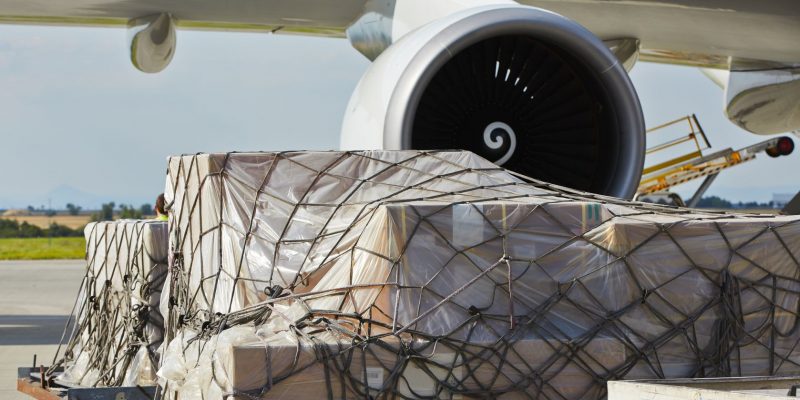Simon Spoor (AFKLM Cargo) explains about the European Green Fast Lane (EGFL) project, its mission and effects on how to improve and cope with many air freight dilemmas.
European Green Fast Lanes (EGFL) was founded by KLM Cargo, Kuehne + Nagel, Swissport, Jan de Rijk Logistics, and Cargonaut, and in 2016, it won the Schiphol Aviation Award for Cargo Innovation.
So what’s it all about…?
This month, we talk to Simon Spoor from KLM Cargo, Project Manager of the initiative, which is financially supported by the Neutral Logistics Information Platform (NLIP).
Why does the project exist?
“80 per cent of the freight that flies with KLM from Schiphol is transported to the airport from other EU origins by road,” Simon explains.
“We wanted to focus on optimising these trade lanes, which are so heavily used by the airport community. With efficient data exchange, and improved landside logistics, we can begin our processes before cargo has even arrived at the airport, and speed it through to its scheduled flight. For this reason, the project focuses on freight that arrives by truck to Schiphol, to be flown on to its next destination.”
The team wanted to: – Improve on flown-as-planned figures, and increase the reliability of the AFKL Cargo proposition, – Enable load factor and volume growth, within the same footprint, – Reduce rework and repair to facilitate a lean hub operation, – Improve the integrity of weight and Customs data.
“We identified the Frankfurt to Schiphol route to serve as a pilot lane as we put the ‘European Green Fast Lane’ into practice and looked into the opportunities to streamline operations.
Delivery times at Frankfurt are spread throughout the day, and connections from Schiphol are guaranteed within fixed time brackets. In the event of late delivery, a direct re-booking takes place as a standard service.”
Linking the chain through data sharing
“Roaming trucks around the airport were causing traffic congestion, and unpredictability of freight delivery meant that consignments were not making it onto their scheduled flights.
It became clear that a focus on improved data exchange, and optimised landside logistics would be key in our solutions to these issues.
What exactly did you do?
Having identified that earlier availability of correct data would improve predictability, and so the utilisation of flight capacity, Cargonaut, the IT platform provider for Amsterdam Airport Schiphol, developed an online Compliance Checker tool to facilitate the secure exchange of data. Upon acceptance by the handler’s facility, all freight is subjected to the Ready For Carriage Check: Is the freight on time for its corresponding truck; is the actual weight correct and reflected on the relevant documents; is the freight damage free, and finally the Compliance Check: are the mandatory data fields on the Air WayBills correct? By sharing data between parties early on in the chain, deviations to the booking weight and volume are identified much earlier.
Timely corrections of mandatory Shipment Information – to comply with the Customs requirements – enables the ‘First Time Right’ principle.
We can be reactive to joint performance data much more quickly, putting process improvements in place, and using the data for performance and review meetings.
What is achieved?
Although it can seem a struggle at first, when we work together with a collaborative approach, we all benefit. We now have an unambiguous and logical process, designed based on IATA Industry Standards, and by making use of crucial principles ‘First Time Right’ and ‘Just In Time’. Waiting times for transit trucks at KLM premises at the hub have been reduced, delivery of cargo at origin has been streamlined, and peaks have levelled off. The average waiting times for trucks at Frankfurt are now two to four times shorter than before. This immediately results in a drastic reduction of local congestion and CO2 emissions.
Flown as planned has an average increase on three per cent. More transparent processes mean we can give customers direct feedback on the quality of the freight acceptance process, in turn enabling them to improve their own processes.
Crucially, by integrating data into the core of our process, we are steering on facts instead of assumptions, and can create constructive continuous improvement through transparency of data.
Philip Roodenburg at Swissport says “The key to success lies in a different way of working together: instead of telling each other “you have to do this, and you have to do that” we have looked with a helicopter view of how we can jointly organise the process efficiently and predictably. “KLM helps us improve our services to them and with that KLM improves the service to its customers. I often use this project as an example of efficient collaboration!”
What’s next for the European Green Fast Lane?
“AFKLM Cargo has now set up this working method with Worldwide Flight Services (WFS), Betatrans, and Menzies, as well as almost all truckers we work with.
“In the meantime, Swissport has emerged as an ambassador for this working method and is making plans with FinnAir to implement this method in their joint operations. The next roll-out includes lanes from Brussels, Dusseldorf, Vienna, Madrid, and Barcelona, amongst others. “We are pleased to see what a success the air cargo community at Schiphol has made of the pilot project. “Data sharing has the potential to optimise so many areas of the air cargo business, and this is best achieved with a community that works together towards common goals.”


